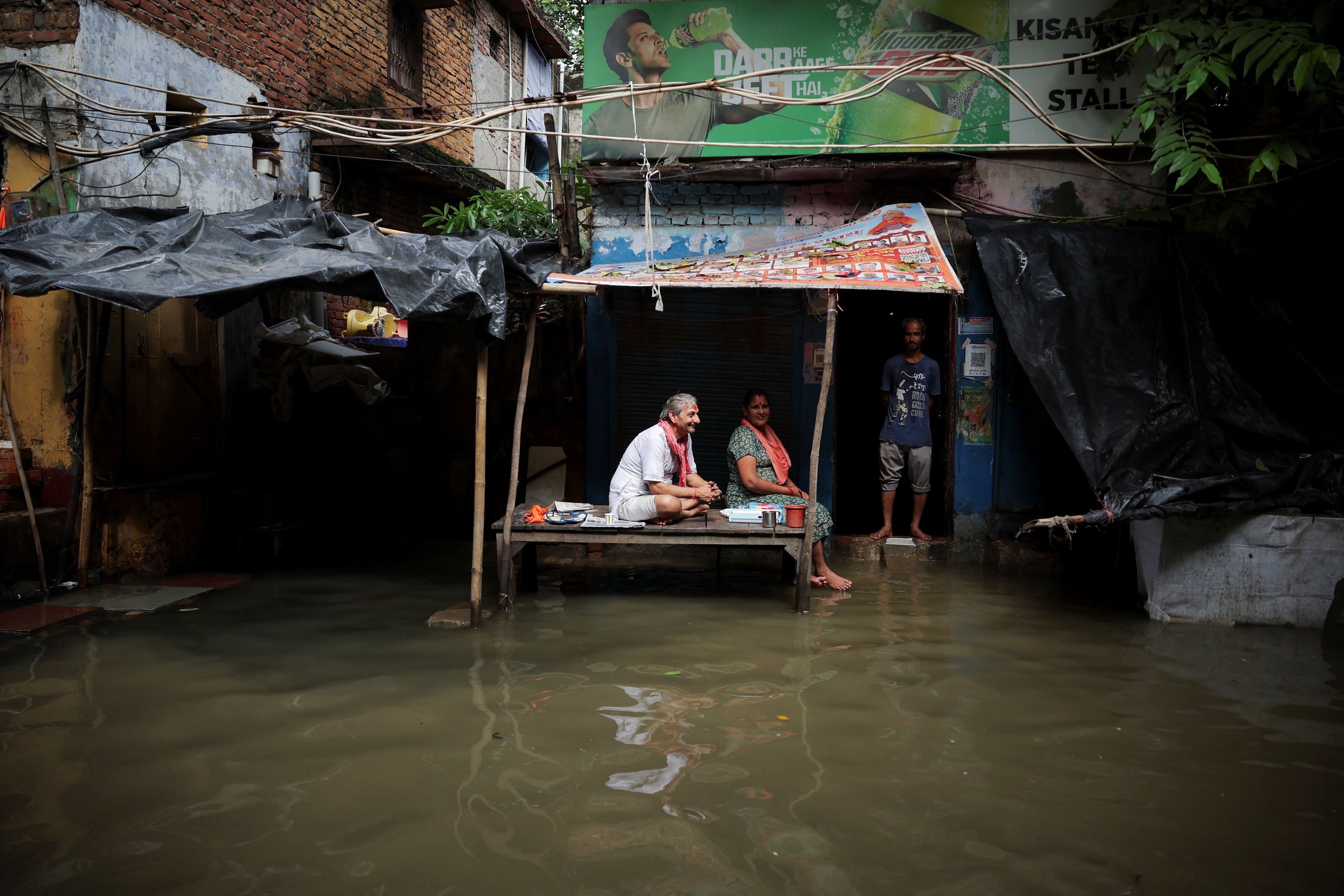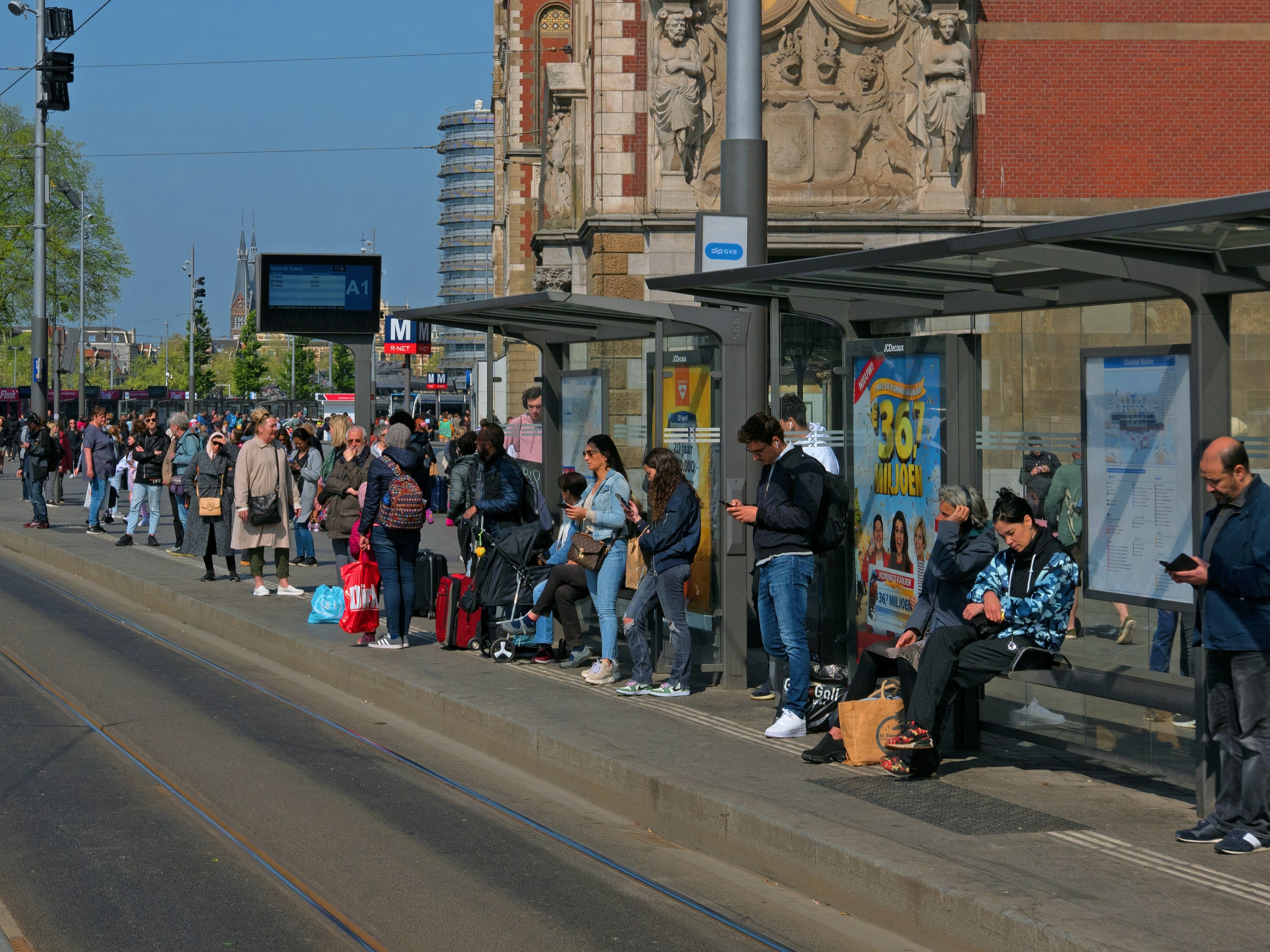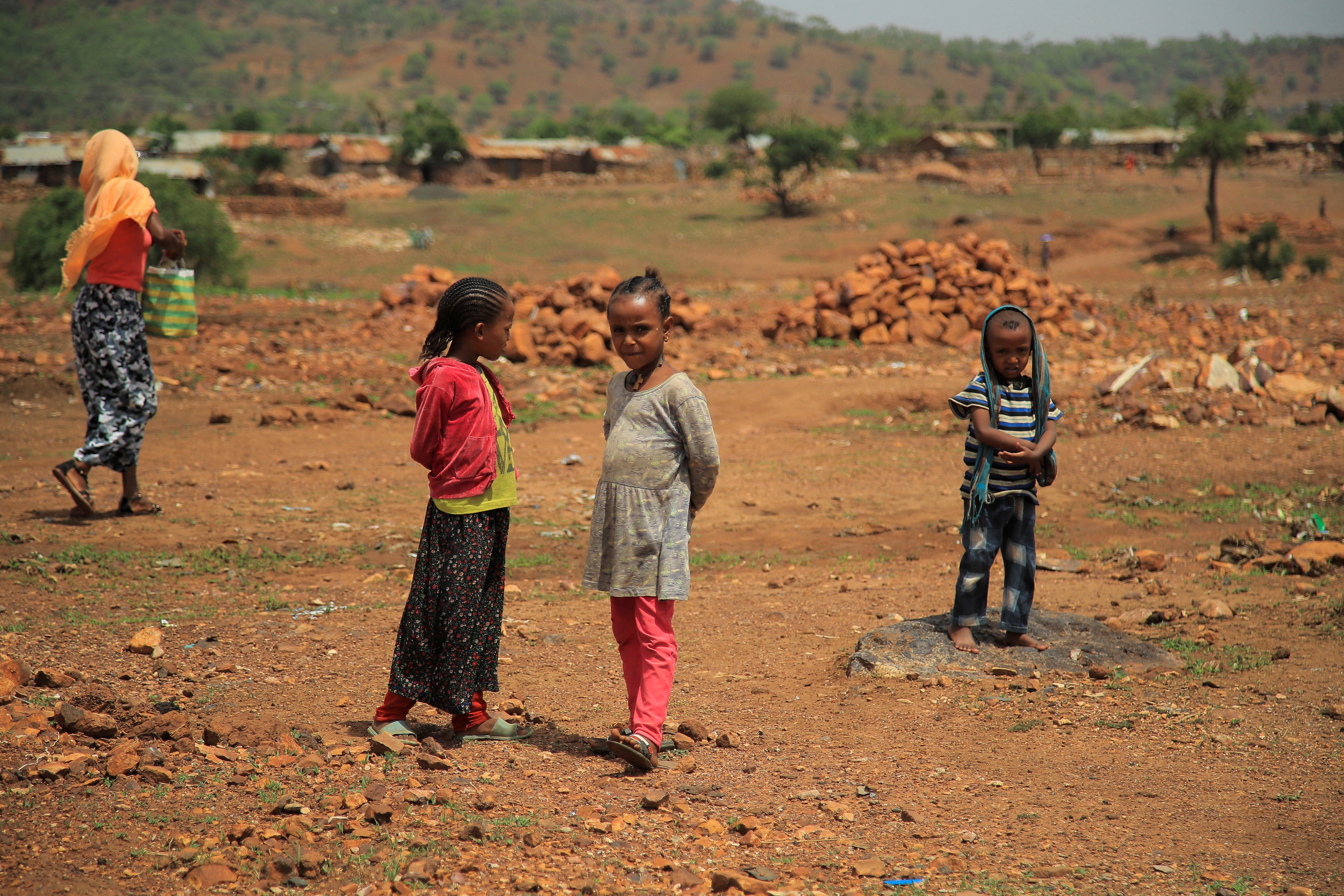Terrorism in the Digital Age

Image: Sandra Blaser
Sir Mark Vlasic
Senior Fellow and Adjunct Professor of Law & Public Policy, Senior Advisor, Georgetown UniversitySpeaking from his position on the front lines of terrorism in Africa, Yemi Osinbajo, Vice-President of Nigeria observed that “the ability of terrorists to connect and interact quickly is vastly enabled by digital technology,” adding that this technology may be as simple as a mobile phone. For example, in a recent tragic university bombing, two children, wired with explosives, were remotely detonated by a simple telephone call. Thus, in a world where everyone has a mobile phone, “the challenges are significant.”
Technology is part of the battlefield
The threat is certainly felt in Europe. Rob Wainwright, Director of Europol (European Police Office), observed that “technology is part of the battlefield.” He explained that Twitter has removed over one-quarter of a million accounts that were associated with Daesh, and that some 90 social media platforms are being used by terrorist-criminal organizations “in a highly adaptable way.” He warned: cyber “is being used as an echo chamber” to increase recruitment and incite others to take out additional attacks – as well as a unique way of “innovative crowdfunding.”
Terrorism as a cancer
H.R.H. Prince Turki Al Faisal Al Saud, Chairman of the King Faisal Center for Research and Islamic Studies in Saudi Arabia, did not mince words on his view of technology and terrorism. Comparing it to a cancer, he noted that terrorists today “can use modern methods to metastasize, to attack the rest of the body …. that is how technology is being used today.”
This view was supported by Raheel Sharif, Chief of Army Staff (2013-2016), Pakistan, who observed that “new methods of communication give a huge advantage” to terrorism – adding that, “not only is it a cancer, but it is a most deadly cancer.” He underlined that terrorists should not only be viewed as those involved in direct action; it is also important to consider “the financiers, the facilitators, the sleeper cells and the sympathizers.” Sharif warned that the world needs to react swiftly to them, as “there is a method to their madness.”
Transnational crime
Jean-Paul Laborde, Assistant Secretary-General and Executive Director of the UN’s Counter-Terrorism Committee Executive Directorate, observed that not only are terrorists leveraging technology, but they are also leveraging criminal networks. “The financing shows us that terrorist organizations are not just terrorist organizations – they are very much linked to organized crime.” He warned that, with Daesh’s reduced territory, their reliance on illicit finance is growing, noting that 5%-7% of its resources are derived from drug trafficking.
To combat terrorism, Laborde suggested that “we need to fight them just the way they fight us” by leveraging technology and international cooperation. He added that the UN and the international system – working with sovereign states, international organizations and the private sector (especially large corporations) should build up a repository of good practices.
Intelligence-sharing
Key to international cooperation, urged Sharif, is intelligence-sharing, adding that, under a UN resolution, “everyone has a responsibility to help fight terrorism.”
Al Saud echoed these sentiments, and added that bureaucratic challenges to intelligence-sharing are a significant roadblock in the fight against terror. He lamented the use of the “third-person rule”, whereby a recipient of intelligence needs to get permission from the source in order to share with a third party, noting that, “by the time the world comes to help, it is too late.”
Freedom of expression
Reflecting on some of the causes of terrorism, Osinbajo opined that there is a need to “delegitimize an ideology that is so dangerous.” Taking the discussion an unexpected step further, he added that the terrorists’ use of digital platforms for expression should prompt a broader conversation on what freedom of expression means today. He said, “Our freedom-of-expression traditions – and or orientation – affect our thinking about how we deal with terrorism,” adding that, “we are restrained [and that] we need to be more open-minded about dealing with terrorism.”
International cooperation and education
Experts agree that it is necessary to construct an effective counter-narrative to the lure of terrorism, and that international efforts are needed to share best practices and employ them in a meaningful way. As highlighted by Al Saud, however, “education is the most important place to start with the counter-narrative,” adding that “it needs to happen in schools and mosques” and in local communities – and that it “needs to use modern tools … and to take a holistic approach.”
Cooperation on efforts to deradicalize people is needed to counter violent extremism. “A whole-of-nation approach is required,” said Sharif. Indeed, as one American leader once observed, like many things, it takes a village.
Don't miss any update on this topic
Create a free account and access your personalized content collection with our latest publications and analyses.
License and Republishing
World Economic Forum articles may be republished in accordance with the Creative Commons Attribution-NonCommercial-NoDerivatives 4.0 International Public License, and in accordance with our Terms of Use.
The views expressed in this article are those of the author alone and not the World Economic Forum.
Stay up to date:
Fragility, Violence and Conflict
Forum Stories newsletter
Bringing you weekly curated insights and analysis on the global issues that matter.
More on Resilience, Peace and SecuritySee all
Shoko Noda and Kamal Kishore
October 9, 2025







